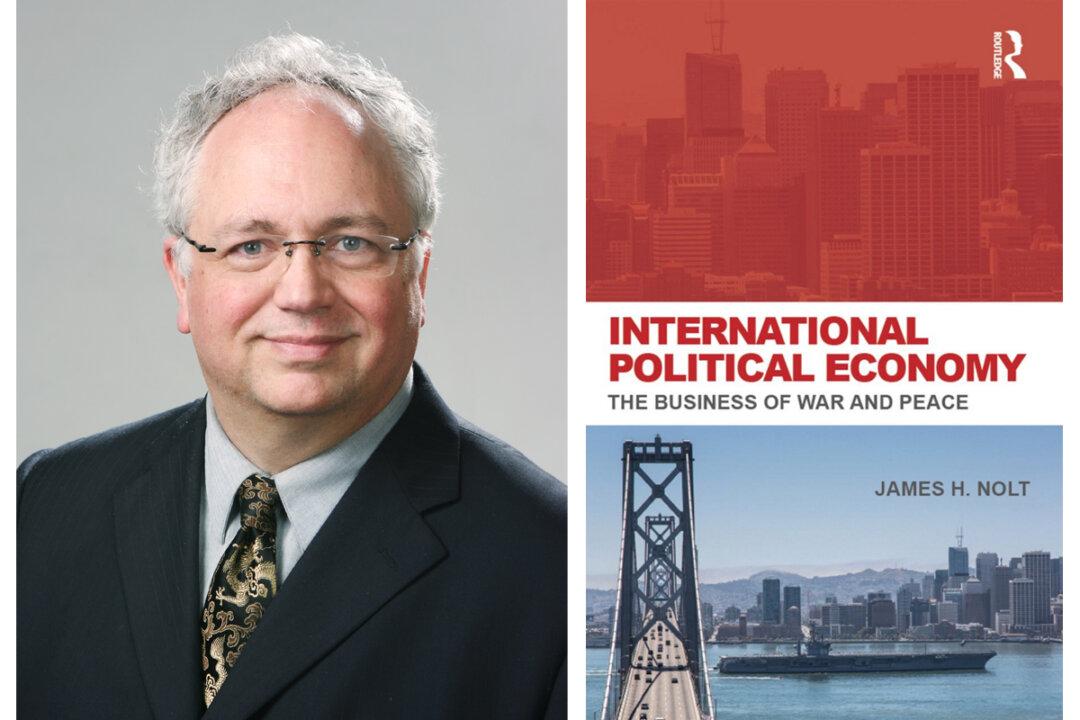Did you ever wonder why most economists could not predict the financial crisis of 2008? It’s because they use models focusing on public markets, rather than strategic private financial decisions, either to drive prices up or drive prices down.
James Nolt, a professor of international relations at New York University, explains the often hidden private element as well as different financial interests that drive business and financial markets, and often decide war or peace. It is the theory of corporatism that Nolt convincingly explains. This theory, often suspected by many regular folk, holds that businesses run the world.
“Political struggle, public and private, determines much of what happens in the government and the economy,” writes Nolt. “Exercise of power, to be effective, often must be covert.”
The exercising of power is furthermore strategic, much as Niccolò Machiavelli, Carl von Clausewitz, and Sun Tzu talk about political struggle and war. James Nolt explains the interplay between economics and politics in the international political economy through their vantage point.





